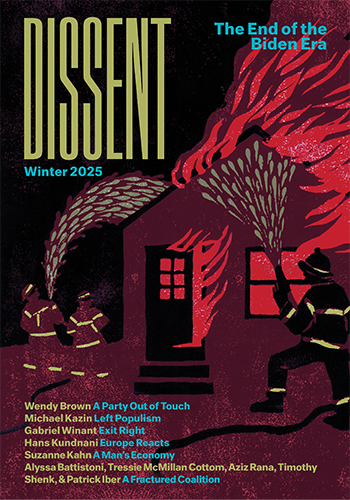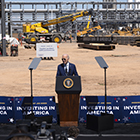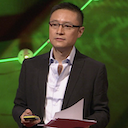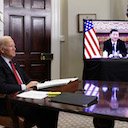
China’s Long Economic Slowdown
The Chinese government has rebuffed bold consumption stimulus policy. But boosting domestic household spending is precisely what the country needs to achieve healthy growth.


The Chinese government has rebuffed bold consumption stimulus policy. But boosting domestic household spending is precisely what the country needs to achieve healthy growth.

Can we expand the state’s role in the economy while diminishing its capacity for war?

Three recent books offer a searing portrait of the calculated brutality of the ongoing Uyghur genocide.

The Democratic Progressive Party’s candidate is more conservative than his predecessor, but the best hope for progressive forces this Saturday is still a DPP victory.


Is a new Cold War the price of admission for the return of industrial policy?

A discussion featuring Yakov Feygin, Daniela Gabor, Ho-fung Hung, Thea Riofrancos, and Quinn Slobodian.

The government of Guam has appointed a Commission on Decolonization, but U.S. control means that all of the island’s options, including the status quo, have substantial downsides.

In Bliss Montage, Ling Ma seeks to re-enchant a world whose catastrophes have grown monotonously real.

If Hong Kongers once hoped they could create their own future, that dream was crushed in June 2020. Deacon Lui’s work is about the uncertainty of how to move forward.

Eric Li, a Western-educated venture capitalist, now plays an important role in the media ecosystem of state-aligned nationalism.

Uyghur intellectual Ilham Tohti has been incarcerated for “ethnic separatism” since 2014. New translations of his work offer a primary source for understanding the material conditions at the heart of the Xinjiang emergency.

If the conflicts of interest are real, and the stakes are felt to be high enough, then war between the United States and China is a real possibility, and our foreign policy must be oriented toward avoiding it.

Cold War metaphors have crept into the public discourse about Taiwan. These analogies mislead more than they illuminate.

For those whose hyphenated identities straddle a divided world, life is a series of compromises.

American rhetoric during the first Cold War relied on an idealized image of U.S. institutions. Today, political elites are more likely to emphasize their vulnerability.